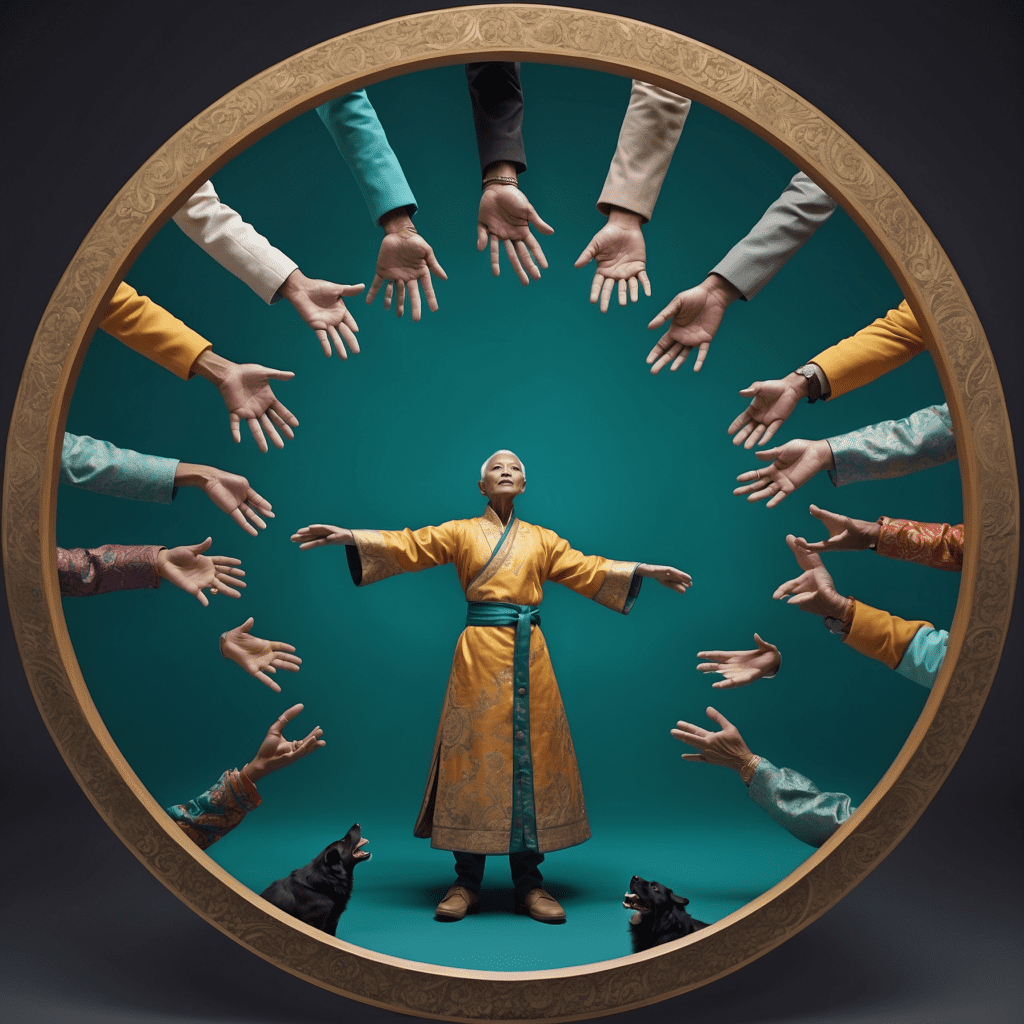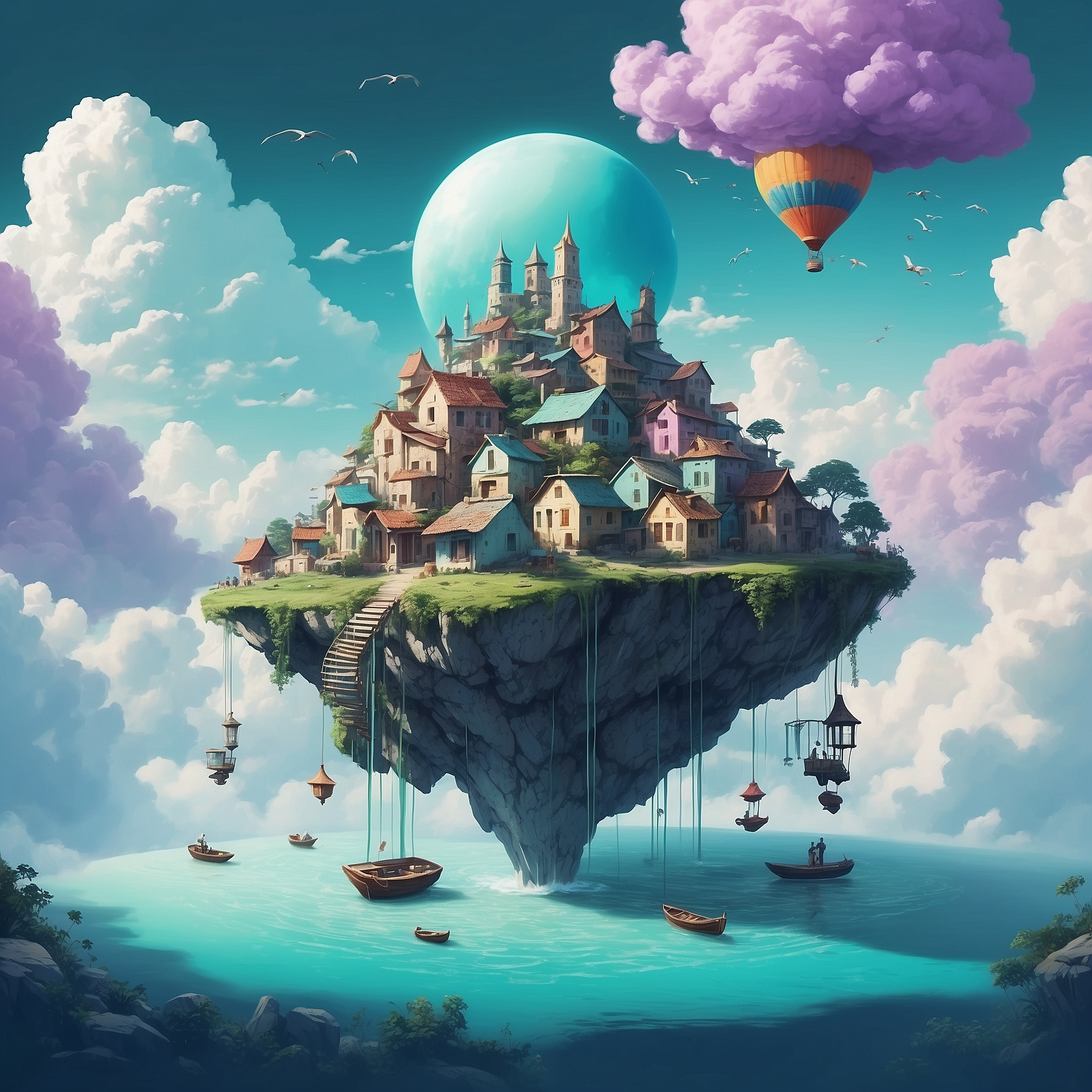Every country on the planet, from bustling cities to remote villages, operates under an economic system guiding how they do business. Think of it as the nation’s financial playbook. You’ve got the glitzy market economies, the all-controlling command economies, the “best of both worlds” mixed economies, and then there’s the traditional economies—the old-school way of doing things. Each of these types of economies comes with its own set of advantages and disadvantages. Today, we’re diving deep into the pros and cons of a traditional economy. But before we jump into the nitty-gritty, let’s answer the burning question: What exactly is a traditional economy?
What is a traditional economy?
Imagine living in a world where “because we’ve always done it this way” isn’t just an excuse—it’s the law of the land. That’s the traditional economy for you! An economic system where ancient traditions, beliefs, and customs run the show. Here, if your great-great-grandparents were fishermen, guess what? You’re casting nets at sunrise, too. Skills are handed down like family heirlooms, and innovation is… well, let’s just say it’s not on the menu. The production and exchange of goods are all about meeting societal needs, mostly through good old-fashioned barter—trading one thing for another without that fancy paper money. You’ll find examples of traditional economies in underdeveloped or developing countries, where life revolves around fishing, subsistence farming, gathering, and hunting.

In a traditional economy, change is about as welcome as a snowstorm in July. Communities stick to their time-honored ways like glue, applauding those who toe the line and giving the side-eye to anyone daring to think differently. If your family has been blacksmiths since the dawn of time, guess what? You’re inheriting the hammer and anvil. It keeps traditions alive and makes passing down skills from one generation to the next as easy as pie—or, in this case, as easy as forging iron.
See also: Mixed Economy Advantages
Traditional economy pros and cons
| Pros | Cons |
| Communal life is a big deal. Relationships over profits any day. | Barter system blues. Trading chickens for shoes isn’t as easy as it sounds. |
| Environmental protection. Mother Nature gets the VIP treatment. | At the mercy of Mother Nature. She can be a real wild card. |
| Little uncertainty in production. You know the drill, day in, day out. | Genetic uniformity. Everyone’s a bit too closely related. |
| Simplicity is king. No taxes, no mortgages, no problem. | Stuck in a time warp. Innovation? Never heard of it. |
| Highly skilled individuals. Masters of their craft from a young age. | Standard of living hits a plateau. Upward mobility? Not so much. |
| New ideas unwelcome. Think outside the box? More like get boxed out. |
Pros and Cons of a Traditional Economy
See also: Command Economy Disadvantages
Pros of a traditional economy

- Autonomy
- Communal life
- Environmental protection
- Little uncertainty
- More free time
- Simplicity
- Skillfulness
Now, let’s talk pros—what makes a traditional economy not-so-bad? Sure, it’s not the flashy free market, but there are some upsides worth noting. Let’s dive into each:
Autonomy
One major perk of a traditional economy? Autonomy. Yep, they’re the OGs of “unplugging” from the global economy. These communities aren’t swayed by big government’s latest regulations or multinational corporations’ whims. They run the show their way, free from external meddling. That means folks get to freely practice their religion, culture, and customs without anyone raining on their parade. It’s like having the ultimate “Do Not Disturb” sign hanging over your entire economy. Want to decide your own fate? In a traditional economy, that’s the default setting.
Communal life
If you’re tired of the anonymity of modern cities where your next-door neighbor is more mysterious than Bigfoot, you’ll appreciate the communal life in a traditional economy. Here, everyone knows everyone—like, really knows them. Birthdays, favorite foods, embarrassing childhood stories—the whole shebang. Human relationships are the backbone of these communities. People value each other over profits, and that’s something money just can’t buy. It’s all about mutual support, cooperation, and strong bonds that last a lifetime (and then some). Think of it as the ultimate group chat, but without the annoying notifications.
Environmental protection
Climate change who? In traditional economies, environmental protection isn’t a buzzword—it’s a way of life. Since economic activities revolve around things like farming, fishing, and hunting at a subsistence level, folks have a vested interest in keeping Mother Nature happy. No smoke-belching factories here! Resources are used sustainably, ensuring the environment stays pristine for future generations. It’s like they were “going green” before it was cool—or even a thing.
Little uncertainty
Ever wish you could predict the future? In a traditional economy, you practically can. There’s little uncertainty about what, how, and for whom to produce. The well-established and accepted patterns of production and exchange mean everyone knows the drill. No surprise layoffs, market crashes, or chaotic supply chains. It’s like the economic equivalent of Groundhog Day—but in a good way. Predictability brings stability, and stability brings peace of mind. Who doesn’t want that?
More free time
Sick of the 9-to-5 grind (or let’s be honest, the 8-to-6)? Traditional economies have got you covered with more free time. Since the focus is on meeting immediate needs rather than chasing profits, people work just enough to get by. That leaves plenty of time for family, friends, storytelling by the fire, or whatever floats your canoe. No overtime, no side hustles, no burning the midnight oil—unless you’re literally making oil lamps.
Simplicity
Ever dream of ditching the complicated modern world? In a traditional economy, simplicity is the name of the game. Forget about taxes, mortgages, student loans, or the stock market rollercoaster. Life is straightforward: you produce what you need, trade for what you don’t, and everyone goes home happy. It’s like the minimalist lifestyle, but on a whole new level. No need to KonMari your life when it’s already uncluttered.
Skillfulness
In traditional economies, people are highly skilled in their crafts—often masters by the time they’re adults. When you start learning the family trade as soon as you can walk, you get pretty good at it! Whether it’s weaving, farming, fishing, or blacksmithing, these folks can do it all with their eyes closed (though we don’t recommend that for safety reasons). It’s like being born into a lifelong apprenticeship, and by the end, you’re the go-to expert in your community. Not too shabby, huh?
See also: Mixed Economy Disadvantages
Traditional economy cons
- Barter system
- Environmental uncertainty
- Genetic uniformity
- Isolation of people with new ideas
- Stagnation
- The standard of living does not improve
Barter system
First up on the con list: the good old barter system. Sounds quaint, right? Trading goods for other goods—what could go wrong? Well, a lot, actually. Without money as a universal medium of exchange, you’re stuck trying to find someone who not only has what you want but also wants what you have. It’s like trying to find your soulmate, but for trading. If you’re a fisherman craving some chicken, you better hope there’s a poultry farmer out there with a hankering for fish. And let’s be honest, that’s a lot harder than swiping right on an app. The barter system makes transactions about as smooth as a gravel road.
Environmental uncertainty
Next up: Environmental uncertainty. In traditional economies, Mother Nature is the boss. And let’s face it, she’s got a mind of her own. Droughts, floods, wildfires—you name it. Since the community relies heavily on the environment for survival, any hiccup can spell disaster. One bad season and you’re looking at poor harvests, empty fishing nets, and a whole lot of hungry folks. There’s no crop insurance here, just crossed fingers and hope. It’s like gambling, but with your entire livelihood on the line.
Genetic uniformity
Ever heard the phrase “don’t put all your eggs in one basket”? Well, genetic uniformity ignores that advice entirely. In isolated traditional economies, people often marry within the community, leading to a limited gene pool. Over time, this lack of genetic diversity makes the population more susceptible to diseases that a more diverse group might shrug off. It’s like everyone sharing the same password—one breach, and everyone’s compromised. Not ideal when it comes to health and survival.
Isolation of people with new ideas
Got a brilliant idea to improve things? In a traditional economy, you might want to keep that to yourself. Isolation of people with new ideas is a real issue. Communities often view innovation as a threat to the established order. Step outside the norm, and you could find yourself on the outside looking in—literally. It’s like being the only person wearing neon in a black-tie event; you’ll stand out, but not in a good way. Conformity is king, and challenging the status quo is a fast track to social exile.
Stagnation
While the rest of the world is zooming ahead with self-driving cars and virtual reality, traditional economies are stuck in first gear. Stagnation is a big con here. There’s little to no technological advancement or improvement in infrastructure. No Wi-Fi, no smartphones, not even a hint of modern medicine. The economy—and the community—remains unchanged year after year, decade after decade. If you’re looking for the next big thing, you won’t find it here. It’s like watching reruns of the same show forever.
The standard of living does not improve
Last but not least, the standard of living does not improve. In a traditional economy, what you see is what you get—for life. Since innovation and change are frowned upon, there’s no upward mobility or opportunities for a better life. You’re likely to live the same way your great-grandparents did. While simplicity has its charm, the lack of progress can be disheartening. Forget about modern conveniences or healthcare advancements; it’s the same old, same old, indefinitely.
See also: Advantages of free market economy
Takeaways
In a nutshell, the pros of a traditional economy are autonomy, strong communal life, more free time, environmental protection, little uncertainty, simplicity, and a highly skilled population.
The cons? Well, they include the cumbersome barter system, environmental uncertainty, genetic uniformity, isolation of innovators, stagnation, and a standard of living that doesn’t exactly scream “upgrade.” It’s the classic case of trading modern conveniences for time-honored traditions.
See also: Disadvantages of free enterprise economy
